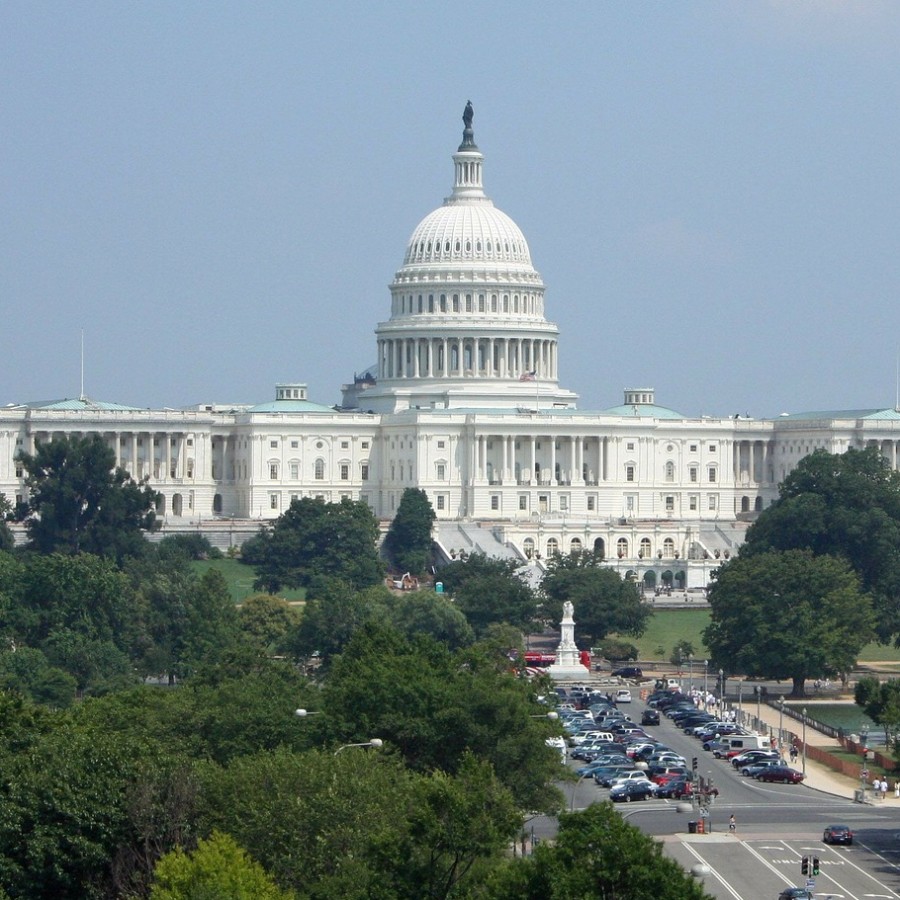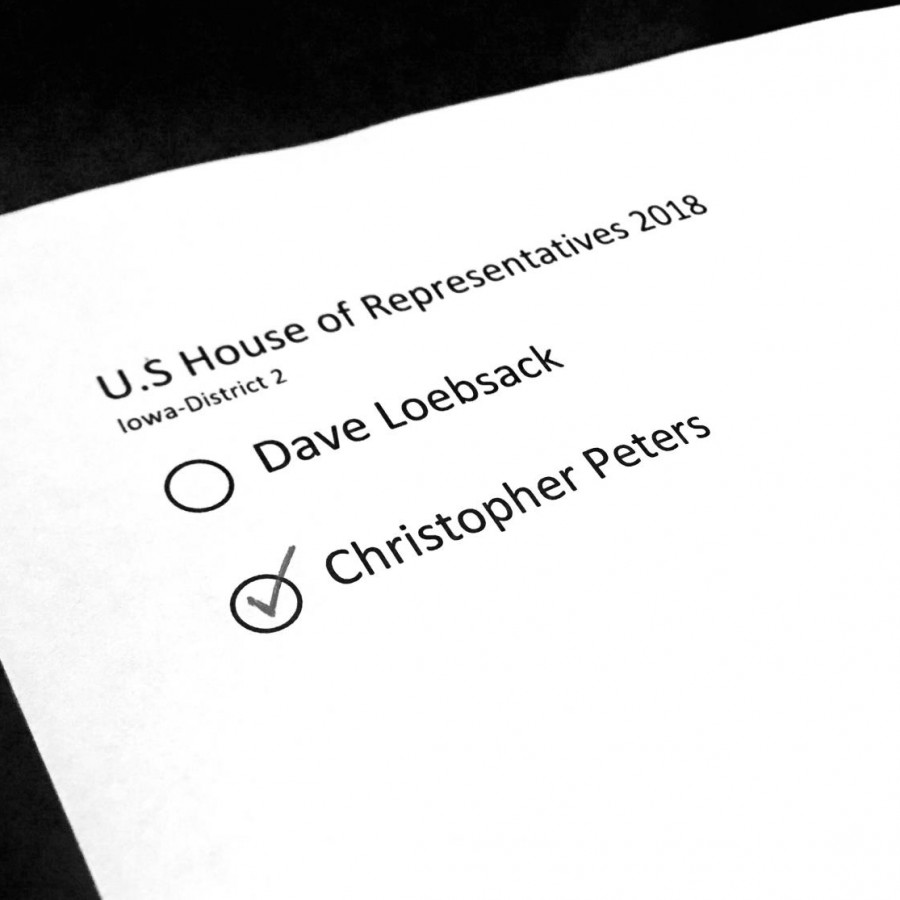In the wake of hurricanes Harvey and Irma, one most likely saw at least one tweet or news article about evil corporations raising prices in disaster zones. The authors of these articles all competing with each other to be the most appalled because innocent hurricane victims were being taken advantage of. The pursuit of cosmic justice, however, fails to change the economics of the issue.
The basic concept of supply and demand governs just as much during a hurricane as it does in regular times. This means a few things.
- High prices generate incentives for goods to arrive faster and allow businesses to recoup their costs. If someone has the incentive of a high price, nothing will stop them from getting goods for their business to be sold. That might mean contracting 2 truck drivers instead of 1 or even flying goods in. Getting goods through a hurricane is a costly enterprise and if there are laws preventing recouping costs, goods will arrive much slower. For example, Miami, Florida receives much of its gas by boat. Hurricane Irma prevented gas from coming in, so companies had to truck the gas in at a higher cost compared to shipping it. This would not happen if higher prices weren’t allowed.
- Goods are better distributed. Imagine being the head of a family of four. After a long drive north to avoid the hurricane, you get to a hotel the normally prices rooms at $90 a night to only realize they are now $160 a night. What do you do? Complain? Probably. Then you squeeze your whole family into one hotel room instead of two. Is this a bad thing for your family? Not necessarily, maybe it’s a bit tight; however, it is a fantastic thing for the next family because instead of showing up to a hotel with no free rooms, they show up to a hotel that has vacancy.
- “Price gouging” laws punish the businesses that prepare. The gas station that wisely bought a generator and sandbagged around their business did the smart thing and preventing them from reaping the benefits of a smart decision means that there becomes no incentive to make smart decisions in the future. Things also must be looked at in comparison to its alternatives and normal prices. Gas stations sell bottles of water for $2 a bottle and no one declares that to be price gouging; however, when a case sells for $30, people complain.
- There is no such thing as a price that is too high as long as someone is willing to purchase a good at that price. The beautiful thing about the free market is that no transaction (besides for the ones involving government) is forced. That means if someone does not like a price the answer is to simply not purchase that good for that price.
Natural disasters change many things, but they don’t change economics. Many will attempt to fight for little guy that’s being “taken advantage” of, but intention doesn’t translate to reality. In the end, the quintessential little guy is hurt far more by price gouging laws than he is by the free market.














Evan Decker • Sep 15, 2017 at 4:35 pm
Thanks for being an informed journalist :^)